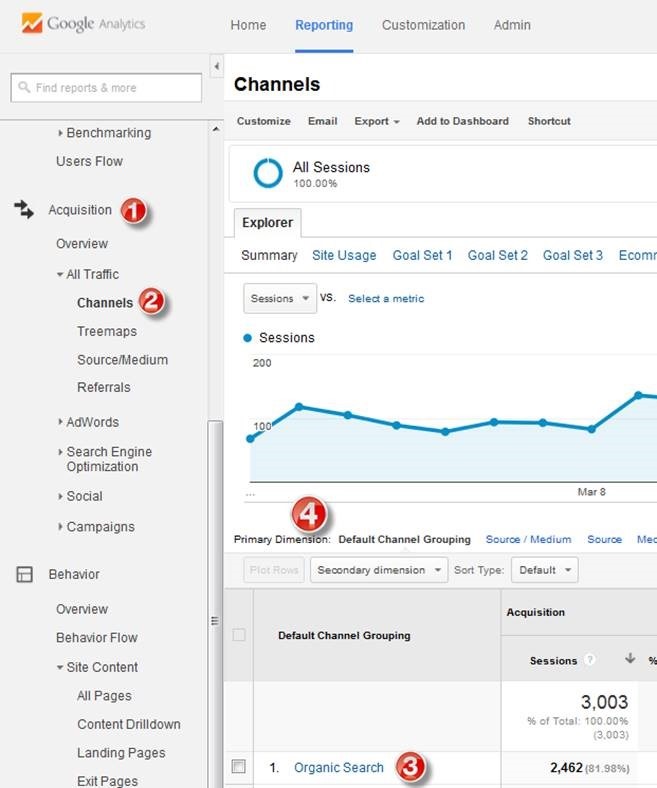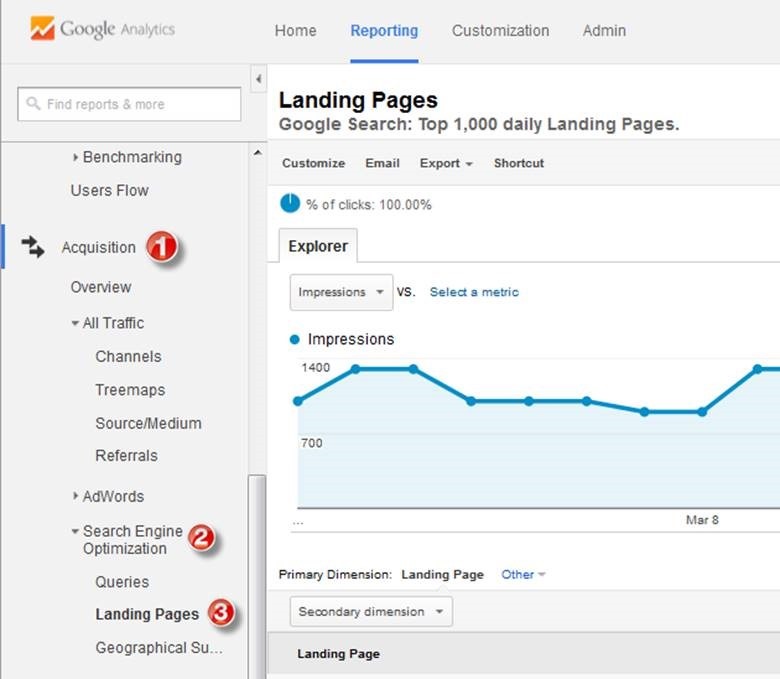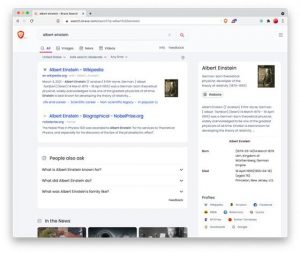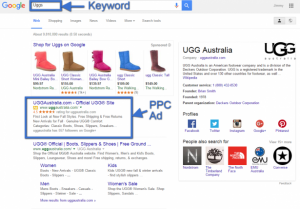
SEO:
“What’s in a name? That which we call not provided
By any other name would still hide my keywords.”
– not Shakespeare
SEO’s have almost stopped complaining about Google hiding search keywords. Almost. Searchers are still using keywords to search on desktop, on mobile, on tablet using keyboard, or Siri, or Cortana. Deep down inside, we know that keywords are limiting, too simplistic, but we are still longing for them, remembering the time when they were at our fingertips. We want to talk to the people graduate from
keywords
to topics
and entitieswho need our products and services but do not know which words to use to find them. We want to meet the searchers who look for us using keywords that we do not know about. We want to find our audience – every single one of them. We know that we must graduate from keywords to topics and entities.
In this post I will help you leverage the data you already have to strengthen your online presence and be relevant to topics that your audience is interested in, be present where your customers are. We will dive into Google Analytics to discover new topics and keywords you can use to expand your reach. I am going to omit paid search keywords. Of course, in your quest for perfect keywords and content, paid keywords will definitely help refine your keywords and topics lists.
Finding Keywords 2.0
When you do not have keywords, what is left? Landing pages! Your Google Analytics (or any analytics program for that matter) is full of useful information you can leverage to find topics you can write about using words that are relevant to that topic. You start with something your visitors care about, show off your expertise and answer questions your readers did not even know they had.
First step, let’s look at the landing pages from Organic search. Go to Acquisition -> Channels -> select Organic Search from the table -> select Landing Page from Primary Dimension.

Your landing pages will be listed in the order of popularity. You can examine the pages and topics. Those pages are about something that is relevant to your business. Make a note of these topics.
Now, let’s see what we can learn from Google’s Webmaster Tools. Go to Acquisition -> Search Engine Optimization -> Landing Pages and look at the landing pages. You can see the average position of pages in Search Engine Results pages (SERPs), click-through rate and the number of times your popular pages showed up in the search results (impressions). What does this information tell you? Is your popular page on the first page of SERPs? Is the click-through rate high enough?

Right above Landing pages in the left navigation panel, click on Queries. It is very likely that your top queries drove visitors to your top landing pages. This is where you can find keywords that were relevant to that page. I am pretty sure there will be no big revelations here since you know page themes.
Google’s Search Analytics report in Webmaster Tools lets you connect Landing Pages and Queries:

Look at the data and decide if you have enough content to cover the most popular topic (based on your top landing page). Go to Behavior -> Behavior Flow, select Landing Page as your primary focus and evaluate where the visitors go from your popular pages. Click on the green square representing your page traffic and select Explore Traffic Through Here. You will see which pages of your website feed visitors to your popular page and where they go after. The visitor flow might spark an idea about what the visitor was thinking when making their way to your popular page.
And finally, if you have an internal website search, use the search strings as a guide to what is missing on your site and what is unclear. It also could be possible, that your most popular searches indicate that your visitors want to read about a specific topic on your website.
What else can you talk about that is relevant? You can employ other tools, which I will show in a quick case study.
Case Study – Auto Repair Shop
There once was an auto repair shop that serviced high end cars, like Mercedes, BMW, and Audi. The traffic was average – mostly to the website blog. The owner of the shop wanted to find topics that his customers cared about. And wanted more conversions and newsletter subscribers.
Following our process, we discovered, that the most popular page by far was a blog post entitled “Mercedes Service B Explained.” The traffic to that page was 6 times the traffic to the home page! By looking at the post, it was clear that even though it was written 2 years ago, the detailed technical explanation was still very much relevant to what people were looking for.
The post itself was informational and it is not surprising, that there were very few conversions from that page – 3% of all people who saw the page.
Next step is to look at the keywords that brought people to that page. Segmenting keywords from GWT to show only the ones that contain “service b” did not reveal any interesting insights. SEMRush could help. Plug your URL into the tool, and came up with two keywords:

Scroll down to Organic Search Results and click on a couple of links. SEMRush will show you keywords that are driving traffic to those pages. You can find additional topics to cover by looking for what you are missing.
Keywordtool.io came up with 255 unique keywords relevant to “Mercedes service b.” In addition to geo keywords, there are mercedes service b checklist, mercedes service b overdue, mercedes service b maintenance cost, what does a mercedes service b include, mercedes service c, etc.
To help us find out what kind of questions people are asking about Mercedes Service B, we search in faqfox. You can add your own forum sites too. There were some ideas about comparing BMW and Mercedes in terms of cost of ownership, common problems, etc.
Finally, type “Mercedes service b” into Google and look at the first and second page results. Aside from local business’ listings, there are some sites talking about indicator reset, service intervals, and recommended service.
Action Plan
Our strategy emerges from what we learned. It is obvious, that people are looking for information on different services. We can add a detailed and technical post on Service A and Service C. We can compare services for Mercedes to those for BMW. It would be helpful to monetize our content, so a couple of posts on problems Mercedes owners experience as a result of skipping Service B might be in order. We might get more subscribers by providing a visible link to subscribe to the newsletter, where we cover common issues for Mercedes and recalls.
Now, to the next landing page!
Conclusion
When looking for new topics for your blog or content for your website, do not forget to analyze your existing pages to discover what your visitors like. Look at the landing pages that are popular in organic search. Examine the topics, individual posts and pages, queries from GWT and click-through-rate. Look at changes in impressions, clicks, and average position (available in GWT, not in Analytics). Do visitors to your popular pages convert? What is the common visitor journey look like? What else do they want to know?
Start answering the questions. Ask your customers what they think. Continue writing and putting valuable content in front of your audience. They will reward you with loyalty and patronage.
Now Read:
- 5 Ways to Unlock Organic Search Data from Google
- Hack To Get Organic Landing Pages Data In GA Without Sampling [VIDEO]
- (Not Provided) Data in Adwords: The Facts
* Title images adapted from gadl, NASA’s Marshall Space Flight Center
I am leading the SEO and analytics teams providing strategy and overseeing processes. I facilitate and carry out training and testing latest strategies to improve conversion and revenue. Being a people person, I establish and maintain relationships with vendors and business partnerships.
How To Use Landing Pages In Google Analytics To Find Keywords
The post How To Use Landing Pages In Google Analytics To Find Keywords appeared first on Search Engine People Blog.
(252)








